
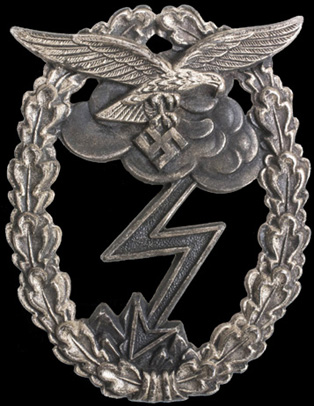
Interview with Fallschirmjäger veteran Lt. Colonel (ret.) Friedrich-Wilhelm Wangerin. Highly decorated, Wangerin won the Knight's Cross, German Cross in Gold and the Honor Roll Clasp. Bonn, Germany, 1989.
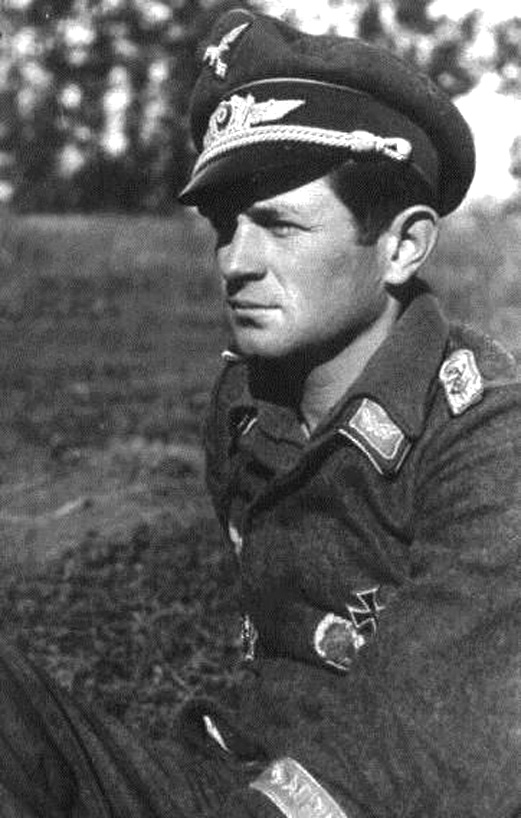
[Above: Friedrich-Wilhelm Wangerin.]
Thanks for agreeing to meet me sir, if I can start by saying it's an honor to meet you and to ask you a few questions. Can I start by asking how you came to be a paratrooper?
Friedrich: You are most welcome; it is always a pleasure meeting another Air Force man. So you are asking how I came to be a paratrooper? It is not easy to explain why a sane man would want to jump out of a working plane. I must say it was something I had been attracted to early on. A paper in Berlin had featured a story of the new arm of the Luftwaffe, and it intrigued me.
When the war broke out in 1939, they started the call ups so I knew my time was coming. I was patriotic and came to the conclusion that I should be doing something. I spoke to a recruiter and told him I wanted to join the new paratroop arm, and that started the process. I was accepted and reported for duty, which at first was not so good. I had to go through basic training before the start of jump school.
To be accepted to jump school I had to pass extra physicals which only flight personnel had to do. These were harder and stricter than say if you wanted to be a mechanic or a flak person. We had to prove we could take the rigors of being in an aircraft. I was able to pass these tests and after basic training I was moved on to jump training. Once finished with all the training and making six jumps I was given the paratrooper badge.
That is how I came into the paratroop arm and have never looked back. I was fortunate to have survived the war, and joined the new Luftwaffe when it was allowed to be recreated.
I understand you were part of the Afrika Korps?
Friedrich: No, that is not entirely true. In 1942 I was sent to Tunisia to bolster Rommel and his korps being part of brigade Ramcke [Ramcke Parachute Brigade]. I was given the Afrika cuff title but my time there was in the late stages of the theater so I really never felt like I was part of the esprit de corps that the old hares could claim.
I did see action in the theater and held up the advance of the Allies, even if it was a short time. The front collapsed in 1943, almost as soon as we arrived. I was lucky by some standards that I was evacuated to Sicily and then mainland Italy. The entire Afrika Korps was surrendered and went into Allied captivity.
Can I ask why you think the African theater did not hold.
Friedrich: That's a pretty easy one; Hitler was never committed to it. In June 1941 Germany attacked Russia and his attention was with that colossal struggle. I know the original plan was to have Rommel push the British out of Africa and then either bring Turkey in on our side or skirt around Turkey hitting Russia from the south.
The Italians proved to be less capable than they appeared and the British stronger than first thought. Allowing Germany to be brought into a war with America was a big mistake, one that Hitler should have avoided at all costs. By 1943 we had the Americans to our west and British to the east. We got our first look at their air power as well, they had free roam of the skies and we learned to be very good at camouflage. This was a field in which Germany was a master during the war, after the war the Allies studied all our methods and equipment.
There was no way the small forces in Africa, many of which were far under strength, could have hoped to have won. After one battle, I viewed the equipment, which was from America, I saw a date of 1943, and it was brand new. They could bring over to Africa newly made equipment in a few short weeks. We still were using arms and equipment made before 1939.
Our maintenance sections worked overtime trying to keep everything repaired and in running order. Rommel even prided himself on using captured enemy equipment and vehicles. Due to the supply lines being disrupted there was always a shortage for the front and it caused critical delays. I believe this could be said for the entire German Wehrmacht, it seemed we were always short of vital supplies.
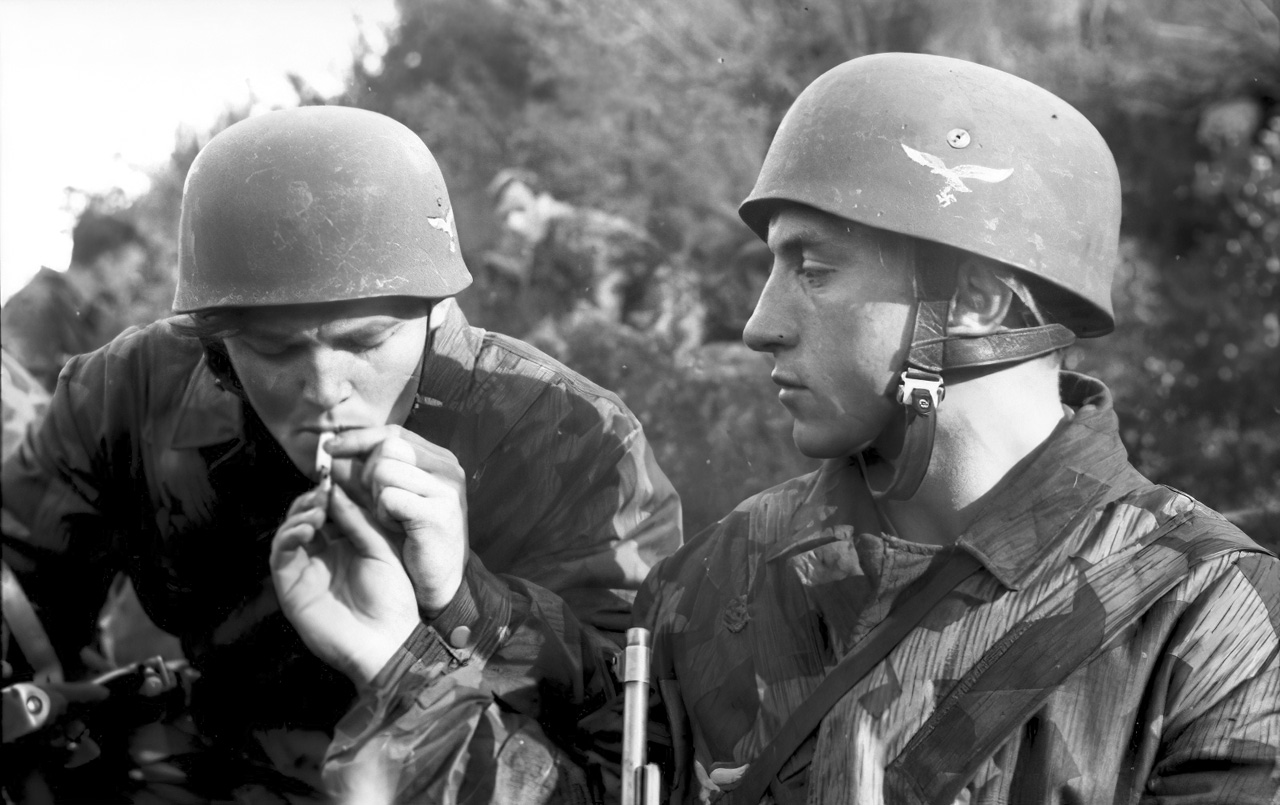
[Above: German paratroopers were like rockstars of the military. They performed a number of miraculous feats during the war.]
I understand you fought in Russia, can I ask your opinion of the Russian soldier?
Friedrich: Yes, he was a good soldier who was our equal on many levels. I have no love for the system he fought for, much like they were taught to hate our system. I say that to you because when I was there I saw the worried faces on the civilians when we retreated. They hated Stalin and what he had brought them.
I captured many Russian soldiers and they all behaved correctly, and had a sense of military bearing. Some did not of course, and were nothing more than illiterate peasants who were forced to pick up a weapon. The officer classes were party fanatics, and they could be problems sometimes.
One time we surprised and captured a position, the officer in charge was angry at his men for letting us up on them. He had to be restrained so he did not attack them.
Our translator said he ordered them to attack us at first chance even while prisoners. One had to have eyes in the back of your head in the east, they could be very sneaky. They would lay out traps that were meant to maim men, and they would play dead and shoot you in the back if one did not check.
This led some Germans to shoot the dead to make sure they were dead, but then we had to conserve our ammunition so at times the guns of the fallen were used. Many Germans thought of the east front as a very bad place no one wanted to go, compared to the safety of France for example.
Can I ask how the Russian civilians were viewed and treated?
Friedrich: Oh yes, I can show you these photos taken in the east in 1944. These are of a family I stayed with. It was a mother, father, and their two daughters Manya and Svetlana. I remember them as they were very glad we came into Russia which completely fit with what we were told. Hitler said we were going east to destroy an evil system and many in Russia agreed with that.
I must say that I never saw any mistreatment of the civilian population. I can say I only saw good treatment of them, to the point some Germans got into trouble for giving away equipment. One man in my platoon was reprimanded by the Spieß [military slang for the company sergeant major] for giving a farmer an ax and shovel to build a new planting field; we needed all the tools we had.
Our forces in Russia had to rely many times on the civilians to give us shelter, and we would sleep right with them. I remember having to sleep on the floor while the daughters slept with the parents, in that way they made sure no bad habits formed. There was temptation mind you.
Our staff doctor was always available to treat the people when they could, and we shared food with them. We had many farmers in our unit and they took an interest in the fields and helping when time allowed. So while the fighting was bad, and weather even worse, the people were friendly and welcoming.
I have been reading lately that many crimes were committed in the east by German units; do you see any truths to these?
Friedrich: I am not so sure I should be commenting on this with you; these questions tend to cause problems. I will ask you to be careful with what you read. The Soviets captured all the stamps, blank documents, and had good knowledge of the language. There is a saying that goes 'The victor writes the history' and it is my thought that the Soviets must be taken with caution. They will use anything in their power to create the vision they want the world to see. They are having trouble keeping up with the west and rumors are they are collapsing due to this pressure. I would be curious to see the archives and what they contain, I imagine the truth is there.
What I experienced does not see eye-to-eye with the propaganda they pushed during and after the war. We were not butchers who randomly went around killing women and babies. Their chief [Ilya Grigoryevich] Ehrenburg wanted that image ingrained on the soldiers, and because of that they committed very bad crimes under the excuse of revenge.
I dare say the crimes I witnessed were committed by the Soviets on the populations of Eastern Europe and Germany. I will give you that German forces may have acted in a ruthless manner against partisans and those aiding them or related to them, but not against the civilians.
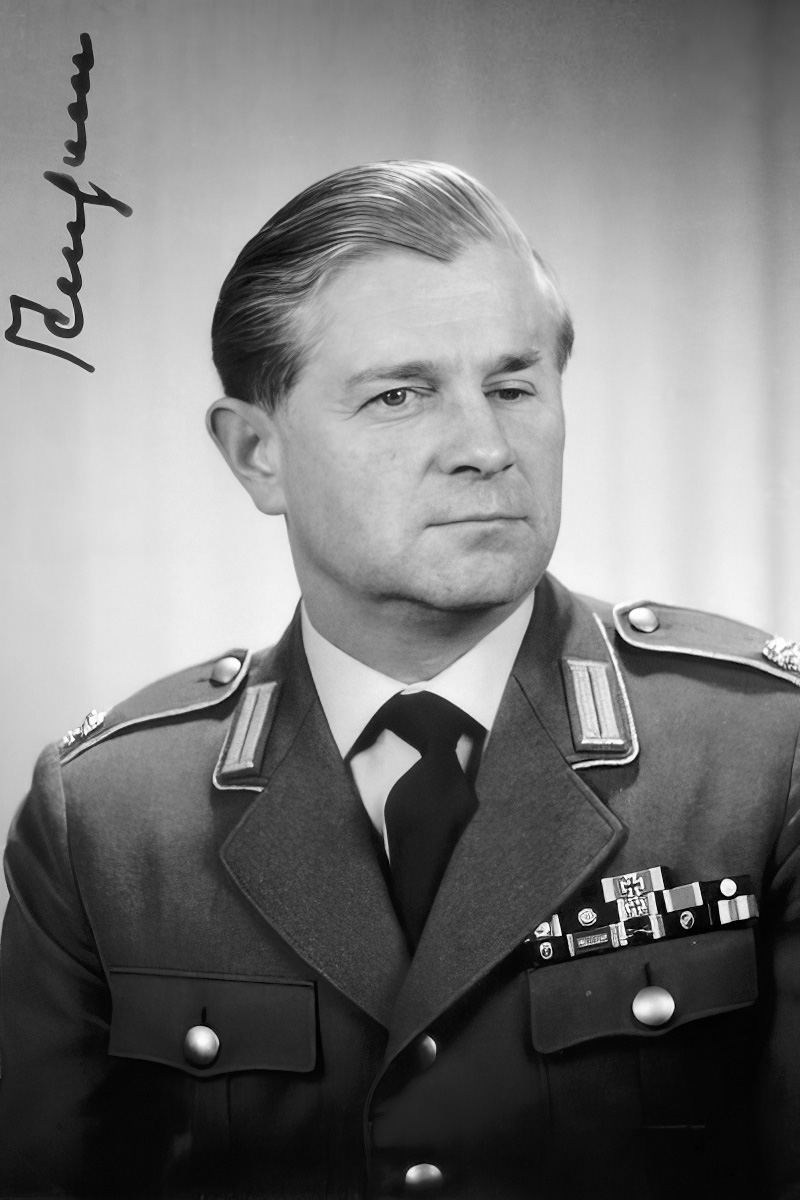
[Above: Wangerin in a postwar German uniform and sporting 'de-Nazified' medal bars.]
You won the Knight's Cross and German Cross, how did it feel to wear these high awards?
Friedrich: Oh, so you know the importance of these awards do you? I was first given the German Cross in Gold, a few months later the rare honor of being named to the Honor Roll of the Wehrmacht, and finally the Knight's Cross in October of 1944. These were all very high honors for a young officer back then.
You could say I felt like I was a broken-in combat veteran by then, with a lot of battle experience. I was given these awards during the hardest time for Germany, the war was lost by then, and the fighting was only getting harder. We still fought on, thinking we were somehow slowing the inevitable, hoping for a miracle.
I remember being so proud back then to show off the new awards, my friends teased me that now my throat could stop hurting. It was battle humor to say one had a sore throat when they did something brave. I must say I was only doing my duty, and was not seeking these awards.
They only came to recognize the sacrifice we all made, some never had the chance to receive theirs, and it went to the family. That is why I hold all Knight's Cross holders in such high regards, the bravery, leadership, and sacrifices are what these were for. It is always a pleasure to sit among my comrades at reunions and remember the good times we had, and those who are with us no more.
Something I sometimes like to ask, I know it is odd, but do you think Germany had a chance to win the war?
Friedrich: Knowing what I know today, no. Back then I would have said yes. We were filled with all sorts of propaganda that we were the world's best soldiers with the best equipment, and an unbeatable will. The problem was our enemies were told the same thing. The difference being they had the material to back up their claims, we were always short of needed supplies.
I believe I read that for every plane Germany built, the Allies built twenty or more. For every Panzer built the Allies built thirty. This goes on and on, we entered into a war that was unwinnable from the beginning. Oh sure we beat a few countries, France for example, which had more men and material than us, we did have good showings.
When the war got into full swing with Russia and America then there was no hope. I remember that gut punched feeling when the declaration of war was made against America. I thought we stood a chance against Britain and maybe Russia, but when America came in I knew it was only a matter of time.
Of course we dared not say anything as we did not want to hurt the morale of the men, and with the new weapons coming out, there was always hope. I saw first hand at the fronts how the might of America was swinging the war, they seemed to have unlimited supplies of everything. Even in Russia we would see the food rations, which were prized by our soldiers.
The Soviets had mostly American trucks I saw, all brand new with little wear. We could not hope to compete with that. Our vehicles were a mishmash of old, new, German, and foreign. At times we looked like a traveling circus with all the different types of equipment we had. The material battle was our downfall and this should have been seen by our leaders.
It is a testament to [Albert] Speer for achieving the highest production of the war in October of 1944. I was given the Knight's Cross then, and I remember hearing that the home front was working very hard so that we could achieve victory. It did seem like we were better equipped towards the end, but by then the manpower shortage was very bad.
So I can not see Germany winning the war under any circumstances. The Allies had too much in their favor. To indulge you however, I could say that if we had developed the bomb first that would maybe change the situation. If we could have only taken on each country one by one, I would think there would have been a chance as well.
These are all things for historians to debate; I have no interest in reliving those times as it brought destruction to my country.
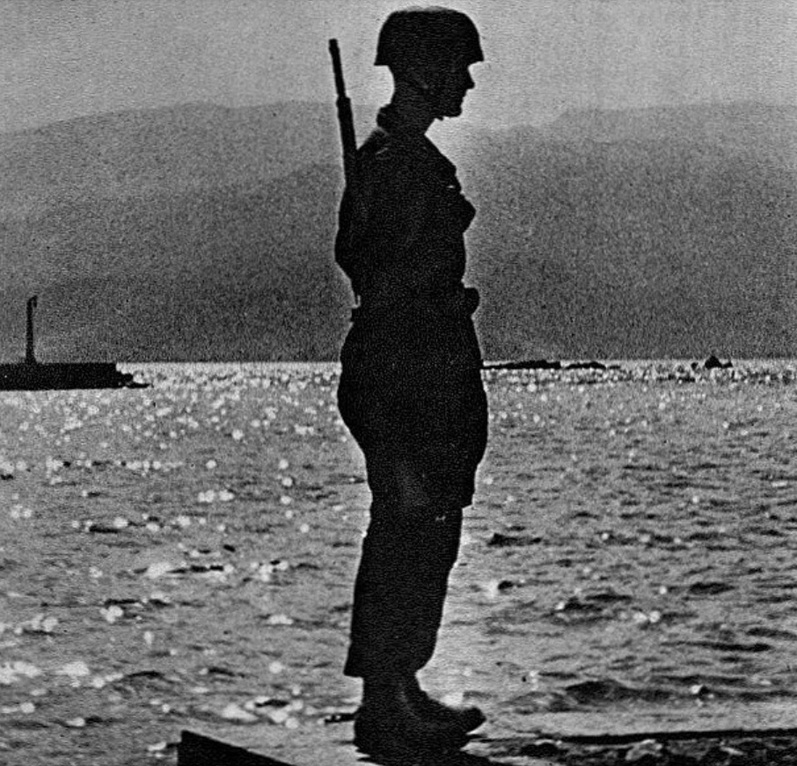
Back to Interviews







